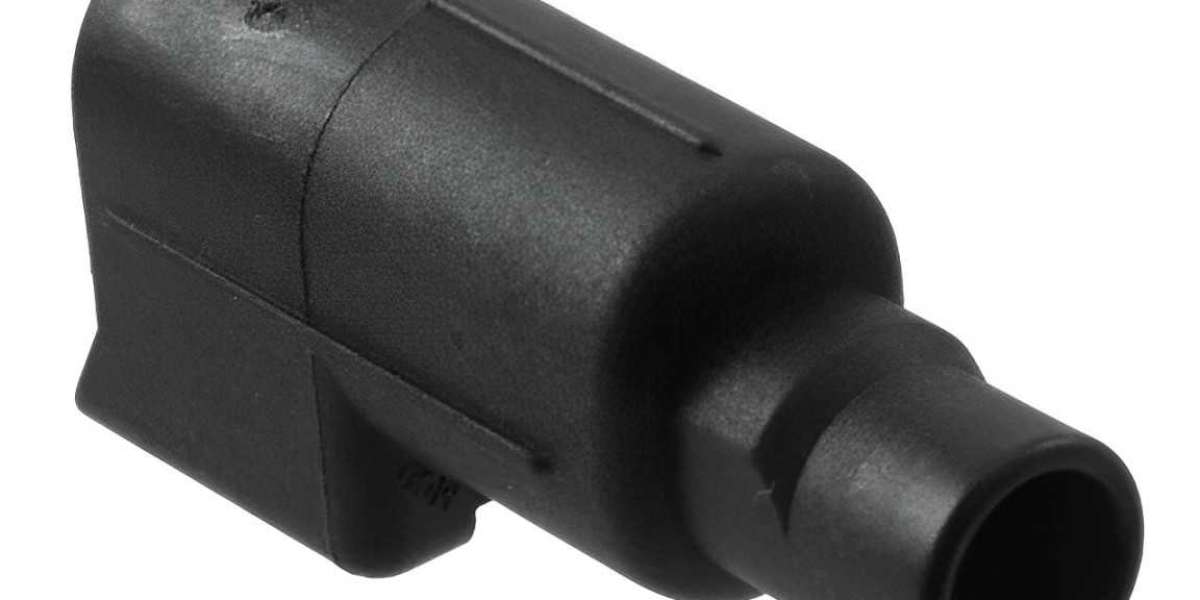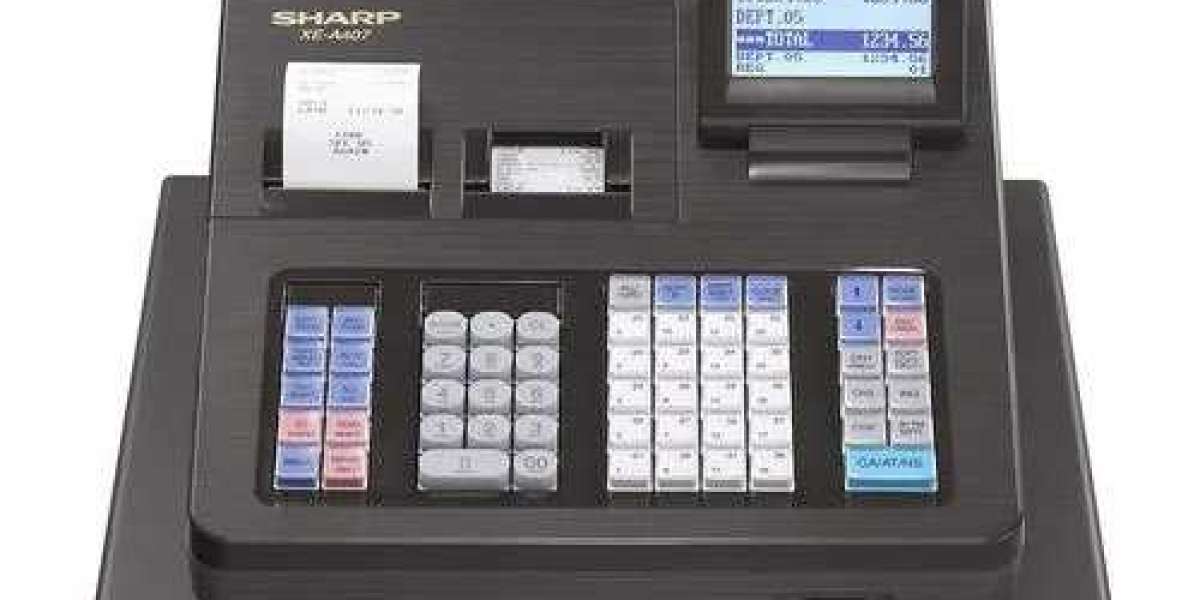What are Rectangular Connector Housings?
A rectangular connector housing is a type of plastic or metal casing designed to encase and protect the internal components of a rectangular connector, such as pins, sockets, and terminals. These housings provide a secure environment for connectors, safeguarding them from mechanical damage, moisture, dust, and other environmental factors that may hinder their performance.
In most cases, rectangular connector housings are used for interconnecting electrical and electronic systems, ensuring that the various components are securely and reliably linked together. The design of the housing allows for easy assembly and disassembly, which is particularly useful in industries where frequent repairs and maintenance are required.
Key Components of a Rectangular Connector Housing
A typical rectangular connector housing consists of several key elements that contribute to its overall functionality:
Shell: The outer shell of the connector housing is typically made from high-durability plastic or metal. It provides the main structural integrity and protects the internal components from external factors like dust, moisture, and impact.
Contacts: These are the actual connectors inside the housing, usually composed of metal pins or sockets that facilitate the transmission of electrical signals and power.
Latch Mechanism: Some connector housings feature a latch or locking mechanism that ensures a secure connection between the housing and the mating connector.
Seals: In environments where water, dust, or other contaminants are a concern, sealing mechanisms are included in the connector housing to maintain the integrity of the connection.
Keying: Keying features in rectangular connector housings are used to prevent incorrect connections by ensuring the connector is only inserted in the right orientation.
Types of Rectangular Connector Housings
Rectangular connector housings come in a wide variety of types and configurations to meet the diverse needs of different industries. Some of the most common types include:
1. Wire-to-Board Connectors
Wire-to-board connectors are commonly used in applications where wires need to be connected to a circuit board. These connectors often have crimped pins that attach to the individual wires, which are then inserted into the housing and locked into place. The housing is then mated with the circuit board to establish a solid and secure connection.
2. Board-to-Board Connectors
In board-to-board applications, rectangular connectors are used to interconnect different circuit boards. This type of connector allows for multiple boards to be linked together, enabling complex multi-board systems that are commonly found in larger electronic devices and systems.
3. Panel-Mount Connectors
Panel-mount connectors are designed to be mounted onto a device panel or chassis. They often feature a locking mechanism that allows them to remain securely attached to the panel while offering easy connectivity for external devices. These housings are typically used in applications like industrial machines and audio/video equipment.
4. High-Density Connectors
High-density rectangular connector housings feature a greater number of contacts in a smaller area. They are used when space is limited, but there is still a need for a large number of connections. These connectors are common in industries like telecommunications, data centers, and computing, where efficient space utilization is crucial.
5. Heavy-Duty Connectors
Heavy-duty rectangular connectors are designed for industrial and automotive environments where the connectors are subject to high mechanical stresses, temperature extremes, and environmental challenges. These housings are typically made from robust materials, such as metal alloys or specialized plastics, to withstand harsh conditions.
Applications of Rectangular Connector Housings
Rectangular connector housings are used in a wide variety of industries due to their versatility and durability. Some of the most common applications include:
1. Automotive Industry
In the automotive industry, rectangular connector housings are crucial for connecting various electrical systems within a vehicle. These connectors are used for systems like lighting, engine control units, infotainment systems, sensors, and more. The housings are designed to withstand vibration, moisture, and extreme temperatures, which are common challenges in automotive environments.
2. Industrial Automation
In industrial automation, rectangular connector housings provide robust and reliable connections for control systems, sensors, and actuators. These connectors help facilitate communication between different machinery and control units, enabling automated processes in manufacturing, packaging, and robotics.
3. Telecommunications
In telecommunications systems, connectors are essential for high-speed data transmission between equipment such as routers, switches, and servers. Rectangular connector housings ensure the reliable flow of signals while minimizing electromagnetic interference (EMI) and crosstalk between wires.
4. Medical Devices
Rectangular connector housings are used in medical equipment to connect sensors, diagnostic tools, and monitoring devices. These connectors are designed to meet strict medical standards, ensuring safety, reliability, and minimal risk of failure. Some connectors are even designed for sterilization, making them suitable for critical medical applications.
5. Consumer Electronics
Many consumer electronic devices, such as laptops, desktops, and home entertainment systems, rely on rectangular connector housings to link components together. These housings ensure that power, signals, and data can be transmitted securely and efficiently between various parts of the device.
Advantages of Rectangular Connector Housings
Rectangular connector housings offer several advantages that make them a preferred choice in many applications:
1. Durability and Longevity
These connectors are typically built from high-quality materials like thermoplastics or metals, making them resistant to wear, impact, and environmental factors. This durability translates to a longer lifespan, reducing the frequency of replacements and maintenance.
2. Compact Design
Rectangular connector housings offer a space-efficient design, allowing them to house a large number of contacts within a relatively small footprint. This is particularly valuable in applications where space is limited, such as in small electronic devices or densely packed circuit boards.
3. Versatility
Rectangular connector housings are available in a variety of sizes, configurations, and contact types, making them adaptable to a wide range of industries and applications. Their modular nature allows for flexibility in system design and upgrades.
4. Improved Signal Integrity
These connectors are engineered to maintain signal integrity and prevent interference, which is especially important in high-speed and data-sensitive applications. Shielding, grounding, and other design features help minimize EMI and crosstalk, ensuring reliable performance.
5. Ease of Assembly
The design of rectangular connector housings often includes user-friendly features like easy-mounting options, color-coded pins, and tool-less assembly. These features simplify the process of connecting and disconnecting components, reducing labor time and errors.
Key Considerations When Choosing Rectangular Connector Housings
Selecting the right rectangular connector housing involves several important considerations to ensure optimal performance and compatibility. These include:
1. Application Environment
The environmental conditions in which the connector will operate are crucial. Factors like temperature extremes, exposure to chemicals, moisture, and mechanical stresses should all be taken into account. For harsh environments, selecting a housing with adequate sealing, UV protection, and impact resistance is critical.
2. Electrical Specifications
Understanding the electrical requirements of your application is essential. Factors like voltage, current, and signal type will influence the choice of the housing, as well as the type of contacts and insulation materials used.
3. Size and Number of Contacts
Ensure that the rectangular connector housing provides enough space to accommodate the required number of contacts while maintaining the compactness and layout needed for your system. High-density connectors are ideal for applications that need many connections in limited space.
4. Connector Orientation and Mounting
Consider whether the connector will be mounted on a panel, circuit board, or other surfaces. Additionally, the orientation of the connector (vertical or horizontal) can affect how easy it is to connect and disconnect components.
5. Cost and Availability
Finally, it’s essential to balance the cost of the connector housing with the requirements of your application. While high-performance connectors may come at a premium, investing in quality housings can lead to long-term savings by reducing maintenance and failures.
Conclusion
Rectangular connector housings play a crucial role in providing secure and reliable connections across a wide range of industries. Their robust construction, versatility, and wide variety of types make them indispensable in modern electronic systems. When selecting the right connector housing, it’s important to consider factors such as environmental conditions, electrical specifications, and the specific needs of your application. By choosing the right rectangular connector housing, you can ensure the long-term reliability and performance of your electronic devices and systems.



